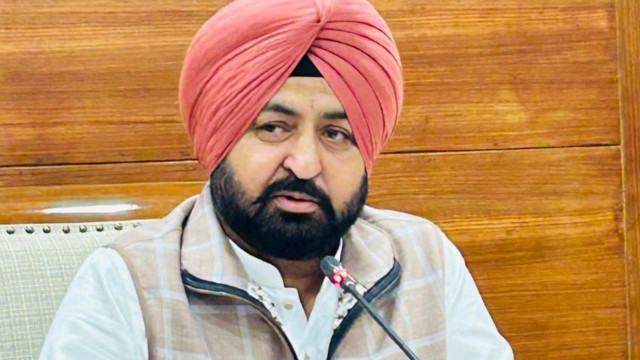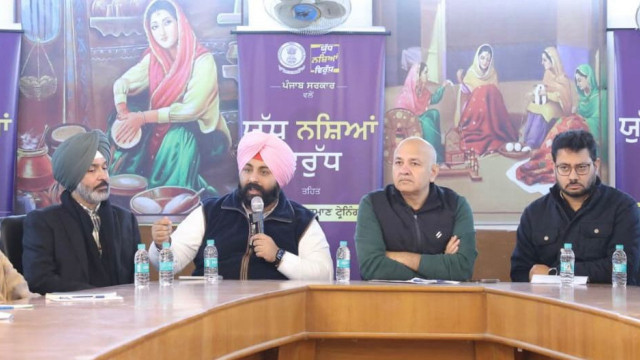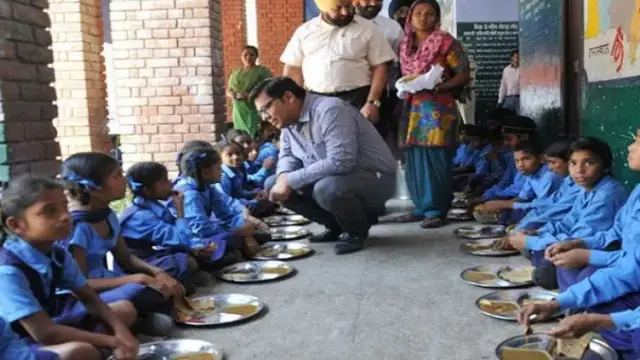DY Chandrachud Faces Eviction Notice from SC for Overstaying CJI Residence
In an unprecedented move, the Supreme Court has issued a formal letter to the Ministry of Housing and Urban Affairs demanding the immediate vacation of Bungalow.

The Supreme Court sent a letter to the Ministry of Housing and Urban Affairs, urging the immediate vacation of Bungalow No. 5 on Krishna Menon Marg, the official residence of former Chief Justice of India DY Chandrachud. The 50th CJI, who retired in November 2024, has been asked to vacate the Lutyens’ Delhi property, designated for the sitting CJI, as his extended stay has raised eyebrows. The court’s directive aims to reclaim the bungalow for its housing pool.
Chandrachud’s Defense
Former CJI Chandrachud has cited logistical challenges as the reason for his continued stay. In a statement, he explained that renovations at his allotted alternate residence on Tughlak Road have been delayed due to Delhi’s pollution control measures, including construction bans under GRAP-IV. He argued that the delay, beyond his control, necessitated his temporary retention of the Krishna Menon Marg bungalow. Chandrachud assured compliance with the court’s directive once alternative arrangements are finalized, emphasizing his respect for institutional norms.
Legal and Ethical Debate
The controversy has sparked a debate over the privileges of retired judges and the allocation of government housing. Critics argue that Chandrachud’s overstay, past the permissible six-month period ending May 31, 2025, sets a poor precedent, especially given the limited availability of such residences for serving justices. Supporters, however, point to bureaucratic delays in housing transitions, urging leniency. The Supreme Court’s firm stance reflects its intent to uphold fairness in resource allocation, particularly for high-profile positions.
Implications for Judicial Norms
The bungalow row has drawn public attention to the management of official residences for constitutional functionaries. The Ministry of Housing is now under pressure to enforce the eviction and reassign the property swiftly. Till date the issue remains unresolved, with Chandrachud expected to vacate soon. The controversy underscores the need for clearer guidelines on post-tenure housing, ensuring transparency and accountability in India’s judicial system.















